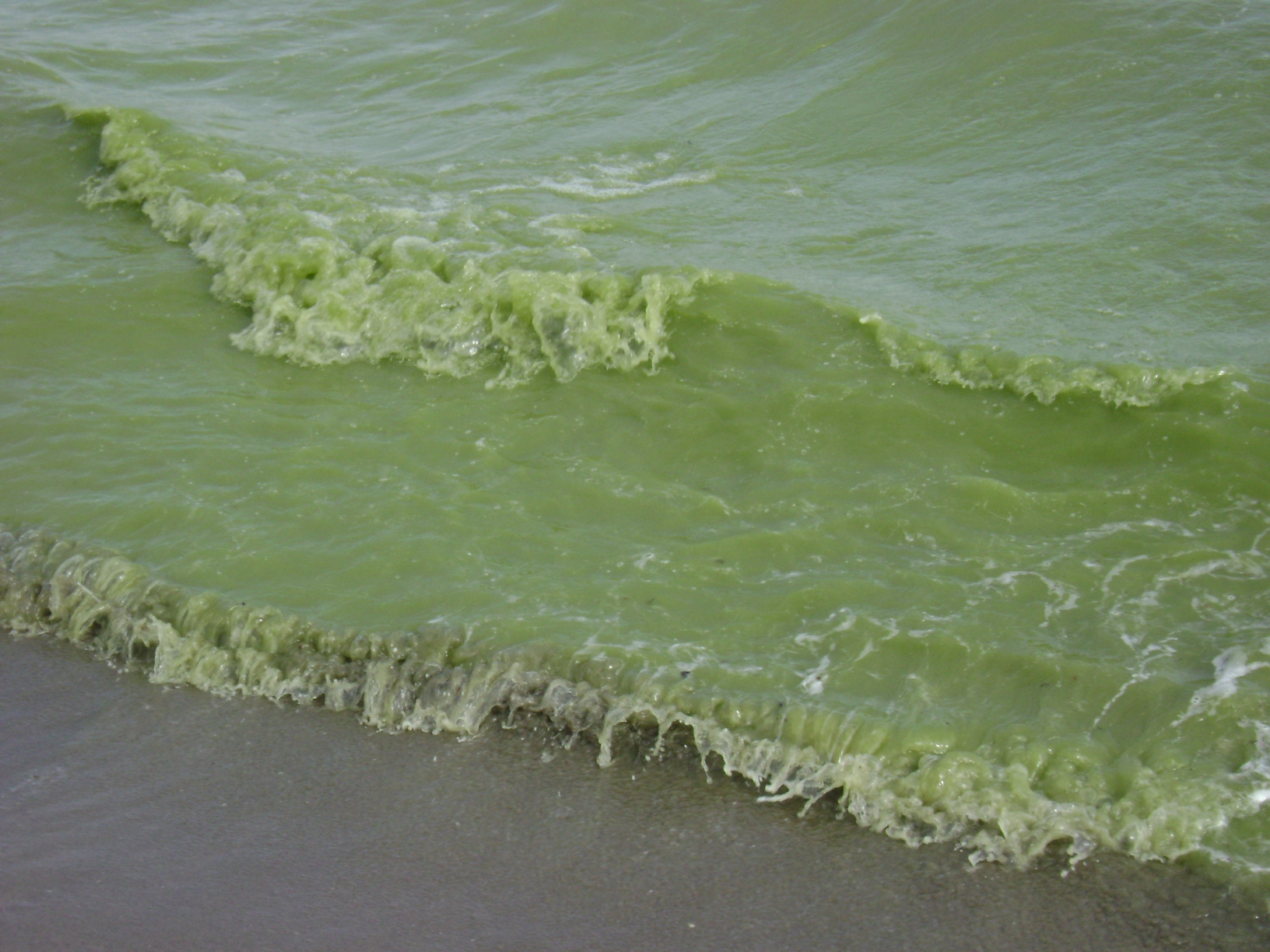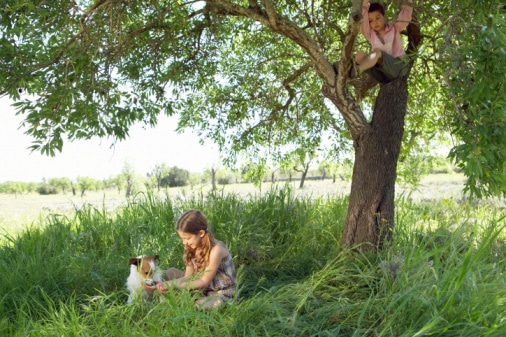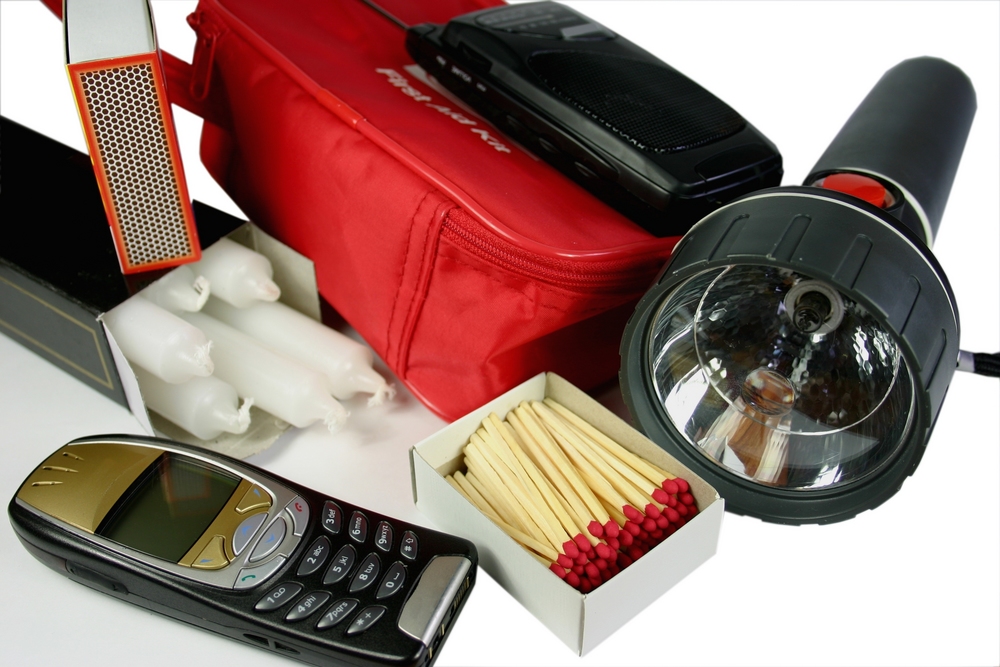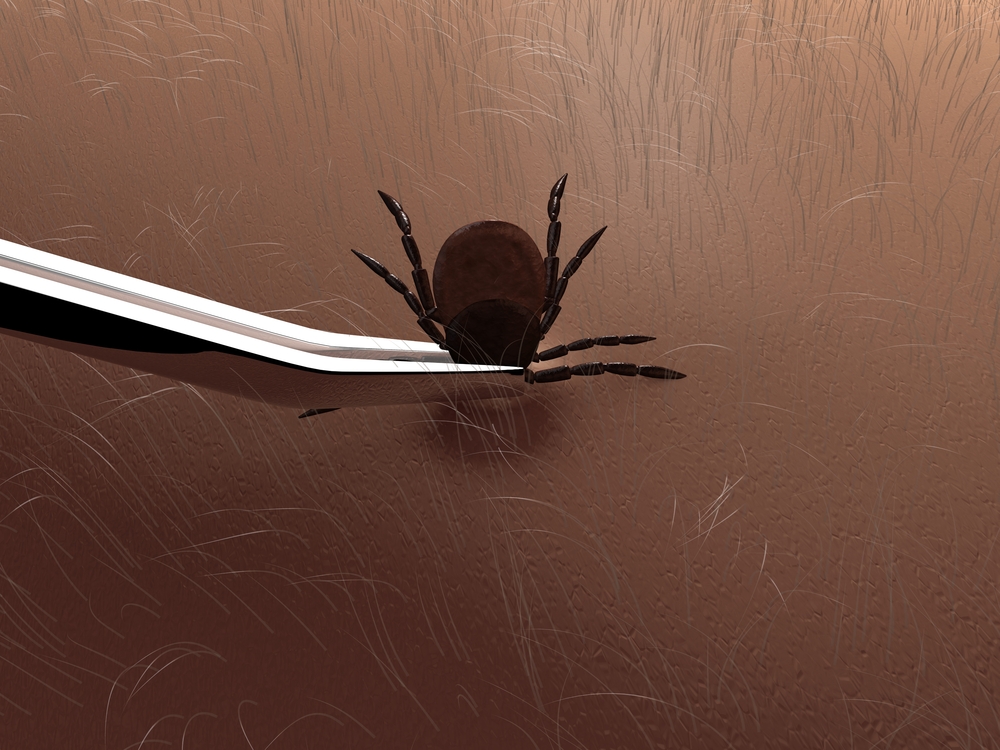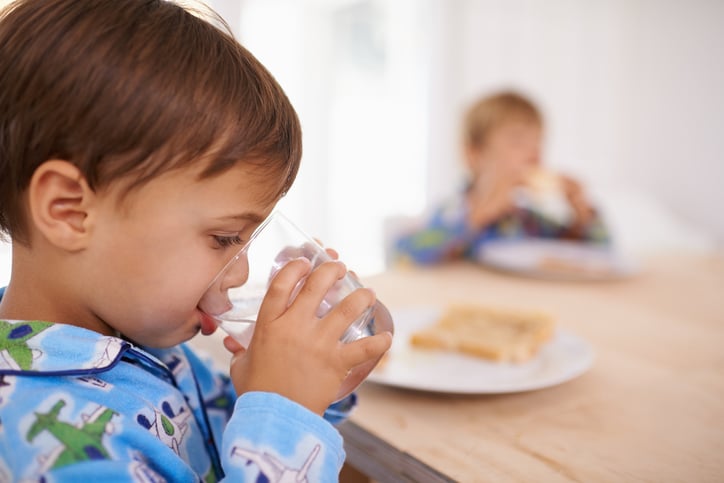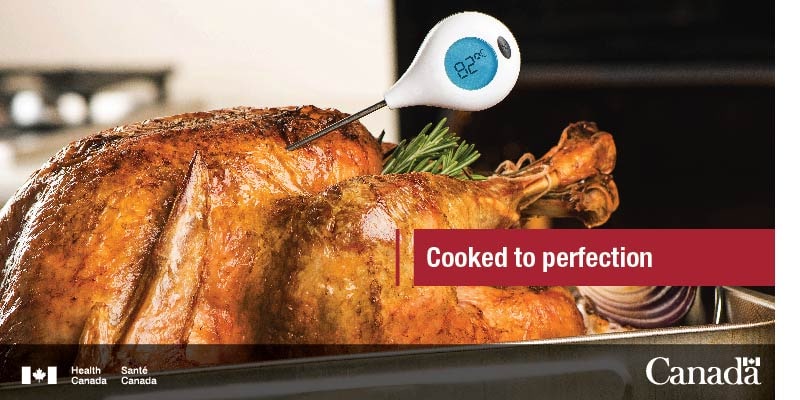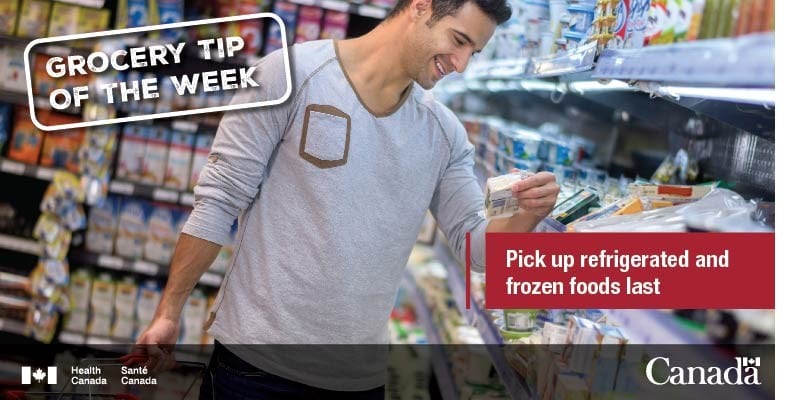The food we eat in Canada is generally very safe. But sometimes it may carry parasites that can make us sick. One such parasite is Cyclospora. Click here for more information on Cyclospora Everyday Tips for Washing Fruits and Vegetables Before you start, Wash your hands with soap and hot water for 15-20 seconds. Wash all fruits and vegetables under running … Read More
Is my well water safe to use and drink?
To be sure your well water is safe for you and your family to use, you need to have your water tested. Unlike water from the municipality; your well water is not tested regularly unless you do it yourself. You are responsible for ensuring the quality of water from your well is safe. The Chatham-Kent Public Health Unit provides free … Read More
Blue-Green Algae or Cyanobacteria
We wish to remind residents to stay out of beach/river water if it appears bright green or pea soup in colour. Blue-green algae are microscopic plants that live in fresh water and their scientific name is Cyanobacteria. Normally blue-green algae are barely visible, but, during warm weather, populations can rapidly increase to form a large mass called a bloom. Blooms … Read More
Heat Related Illness
Symptoms of heat-related illness may include: rapid breathing dizziness or fainting vomiting rapid heartbeat extreme thirst and decreased urination with unusually dark yellow urine. If anyone has these symptoms, we suggest the following to cool off as soon as possible: move to a shaded or air conditioned area drink plenty of fluids, and rest Contact your health care practitioner, a friend … Read More
Tips to Stay Cool
Extremely hot weather and humidity can be very dangerous. Follow these steps to “STAY COOL” this summer: Frequently visit neighbours, friends and older family members, especially those who are chronically ill, to make sure that they are cool and hydrated. Drink plenty of cool liquids, especially water, before you feel thirsty to decrease your risk of dehydration. Thirst is not … Read More
Emergency Preparedness on a Budget – Get Started Today!
Preparing for emergencies at the personal and family level can help to reduce negative impacts on you and your family in the event of an emergency. Sometimes it can be hard to spend money preparing for emergencies that have not happened, when there are so many other things we could be spending it on. There are many things you can … Read More
Emergency Preparedness
Are you prepaid for emergencies? May 7th marks the first day of emergency preparedness week. You can’t always predict an emergency, but you can prepare for one. Know the risks in your community. Make a plan so you know what to do. Prepare an emergency kit. Know the Risks Although the consequences of disasters can be similar, knowing the risks … Read More
How to Properly Remove a Tick!
HOW TO PROPERLY REMOVE A TICK! DO! Use fine tipped tweezers Firmly grasp the tick as close to your skin as possible Steadily pull the tick’s body away from your skin using an upwards motion Place the tick in a small sealed plastic container Wash the bite site with warm water and soap Bring the tick to the Chatham-Kent Public … Read More
Who Is Testing Your Well Water?
To be sure your well water is safe for you and your family to use, you need to have your water tested. Unlike water from the municipality; your well water is not tested regularly unless you do it yourself. You are responsible for ensuring the quality of water from your well is safe. The Chatham-Kent Public Health Unit provides free … Read More
Thorough Cooking
Properly cooking and reheating hazardous foods can help kill dangerous germs that can contaminate our food. Thoroughly cooking and reheating foods containing meat is an important step in preventing food borne illness caused by these germs. Remember the following tips when preparing meals containing meat. Cook any foods containing meat, fish, or poultry (other than whole birds) to 74°C (165°F). … Read More
The Danger Zone
It is important to keep cold food cold and hot food hot so that your food never sits in “the temperature danger zone (4°C – 60°C)”. This is where bacteria that can cause food borne illness can grow quickly. Even cooking these foods thoroughly can’t always kill the dangerous bugs! To avoid dangerous bacterial growth: Refrigerate hazardous foods at or … Read More



